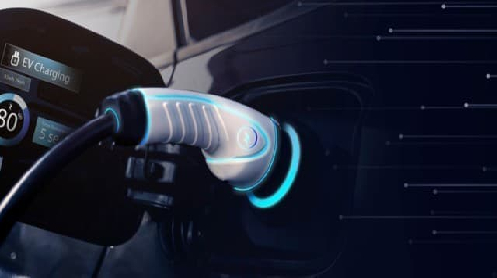Islamabad: The Engineering Development Board (EDB) has granted 34 licences to manufacturers of two- and three-wheelers under Pakistan’s Electric Vehicles Policy for 2020-2025, signaling a significant step towards transitioning from traditional fuel-powered vehicles to electric ones.
During a webinar at the Sustainable Development Policy Institute (SDPI) titled “Pakistan’s Electric Vehicle Market: Challenges, Opportunities, and the 2030 Agenda”, Asim Ayaz, a senior EDB official, highlighted private sector involvement in EV manufacturing. He underscored the challenge of financing for customers due to the higher costs of EVs compared to fuel-based vehicles, mainly attributed to expensive batteries. The ministry proposed the installation of EV charging stations at every petrol station to address this issue.
Mr Ayaz noted positive aspects of Pakistan’s National EV Policy compared to Malaysia’s tariff structure but highlighted the need for funding streams and financing solutions. Collaboration with institutions like Lahore University of Management Sciences (LUMS) and industry partners is underway to facilitate EV adoption.
Dr Arshad, a LUMS professor, emphasized the availability of global climate finance for EVs, suggesting Pakistan align its EV transition with greenhouse gas (GHG) emissions reduction goals to access such funds without relying solely on international financial institutions.
Midhat Waris from Shell Global discussed Shell’s EV charging infrastructure globally and its plans for Pakistan, stressing the importance of partnerships like with K-Electric for EV charging network expansion.
Regarding challenges, Ahmed Sajeel of Deewan Motors BMW mentioned Japanese car makers’ resistance to EVs but noted the inevitability of transitioning given the global vehicle industry’s shift. He emphasized the need for a long-term regulatory framework in Pakistan to support EV growth and local manufacturing leveraging Pakistan’s mineral resources.
Dr Aazir Anwar Khan highlighted the environmental benefits of EV adoption, especially for the middle class reliant on two- and three-wheelers, with EVs expected to reduce emissions and oil consumption significantly.
Overall, Pakistan’s move towards EVs is seen as a crucial step in addressing air quality and environmental concerns while aligning with global trends in sustainable transportation.







